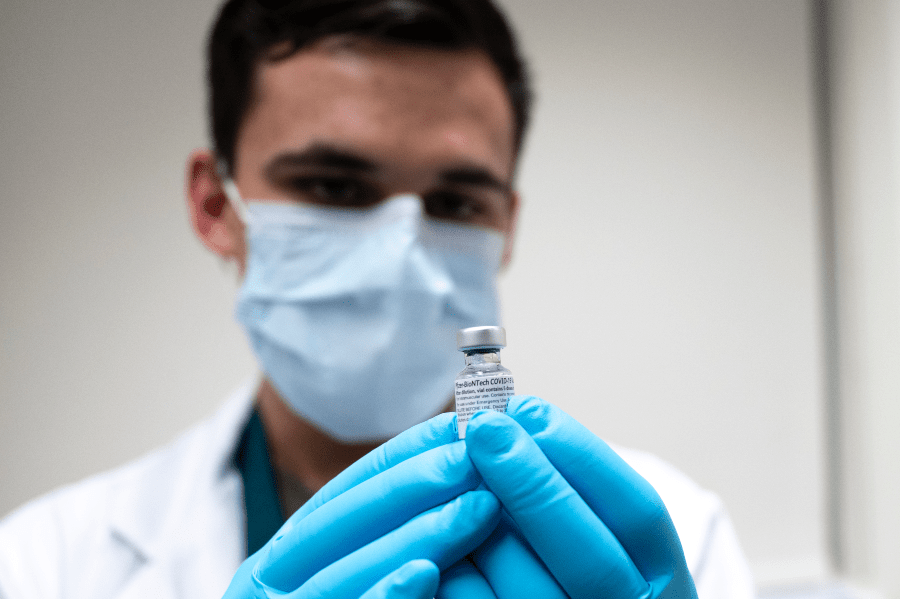Health
Pfizer COVID vaccine less effective among people with obesity – initial study

WHAT YOU NEED TO KNOW:
- A study by the Istituti Fisioterapici Ospitalieri in Italy noted that the COVID vaccine developed by Pfizer-BioNTech is 50 percent less effective for obese and overweight people.
- Findings suggested that obese people could need additional dosage to protect themselves against the virus.
- In past studies, obese people have 50 percent chance of dying after getting infected with COVID-19.
Based on data, the Pfizer-BioNTech COVID-19 vaccine may be less effective for obese individuals.
Healthcare workers who are obese have only produced half of the antibodies after receiving a second dose of the vaccine, versus fit people, according to Italian researchers.
The initial findings suggest that people with obesity may need an additional booster dose to make sure that they will be sufficiently protected against the virus.
Possible causes of such an instance would mean that obese people usually have other health conditions like type 2 diabetes or heart disease, which increases the health risks when they contracted the virus. On another thought, excess body fat could also yield metabolic changes like inflammation and insulin resistance, which makes the body more susceptible to getting infected.
Specific immune responses could also be weakened by a consistent low-grade inflammation, which includes B and T Cells that generate protective response after the inoculation.
The research was facilitated by Aldo Venuti from the Istituti Fisioterapici Ospitalieri with other colleagues. With a sample size of 248 healthcare workers, they reviewed the antibody response after the completion of the two doses of Pfizer-BioNTech vaccine.
A week after getting vaccinated, 99.5 of participants developed an antibody response. The immunization was higher versus people who recovered from the disease. For obese and overweight people, though, the response was weaker.
“Since obesity is a major risk factor for morbidity and mortality for patients with Covid-19, it is mandatory to plan an efficient vaccination programme in this subgroup,” Venuti and his colleagues wrote. “Although further studies are needed, this data may have important implications to the development of vaccination strategies for Covid-19, particularly in obese people. If our data was to be confirmed by larger studies, giving obese people an extra dose of the vaccine or a higher dose could be options to be evaluated in this population.”
Imperial College London immunology professor Danny Altmann said: “We always knew that BMI was an enormous predictor of poor immune response to vaccines, so this paper is definitely interesting, although it is based on a rather small preliminary dataset,” adding that “having a vaccinated population isn’t synonymous with having an immune population, especially in a country with high obesity, and emphasises the vital need for long-term immune monitoring programmes.”
In previous studies, an obese person, which basically means having over 30 body mass index, is at almost 50 percent chance of dying from COVID-19, and over 113 percent of getting hospitalized.
Consequently, another research showed that the flu vaccine’s efficacy is 50 percent less effective to obese people than physically fit people.
Source: The Guardian
